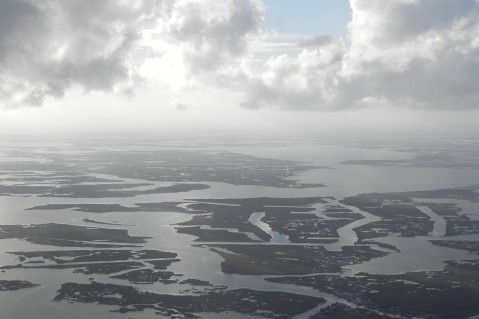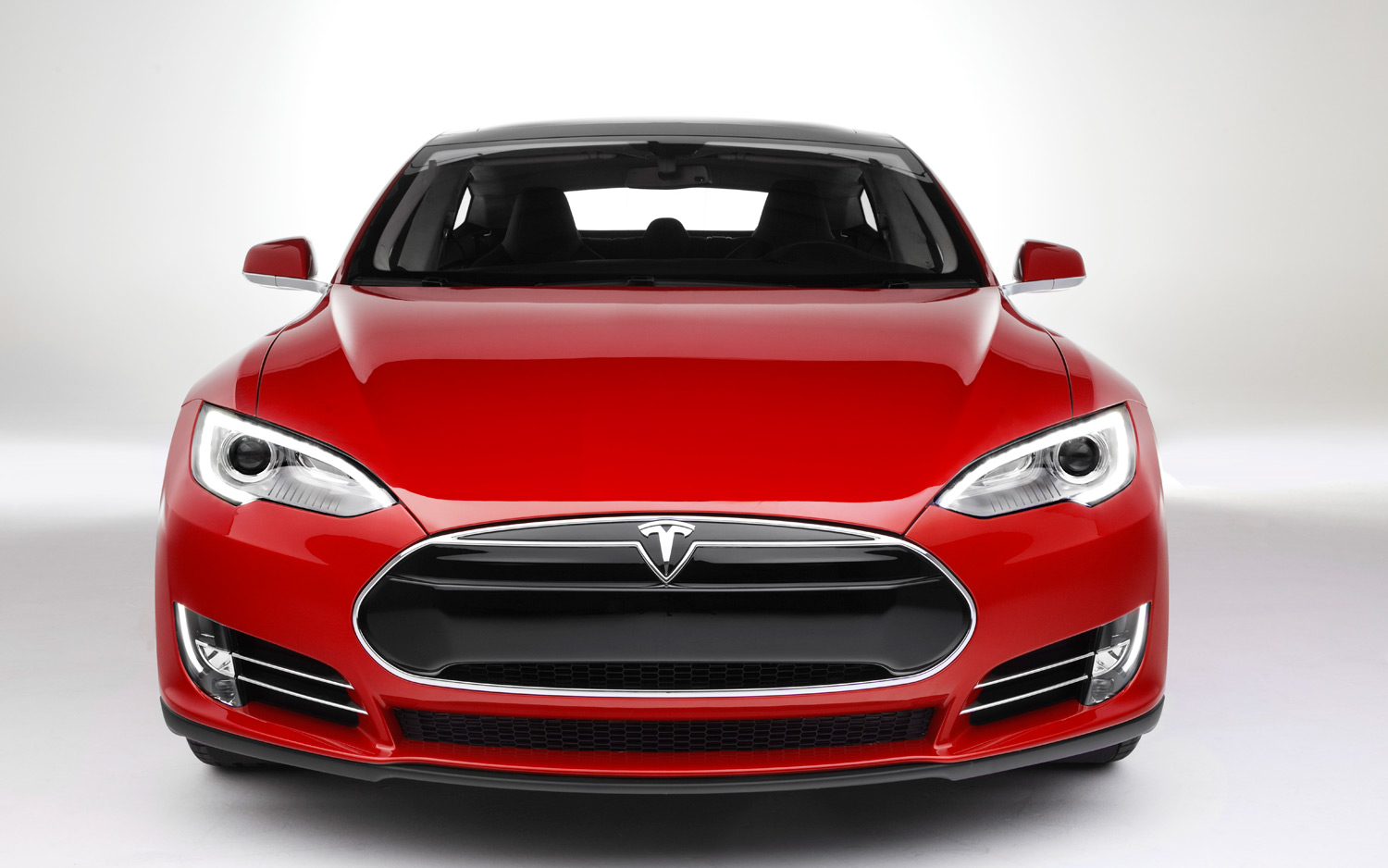There is an old adage in disaster studies: "there is no such thing as a natural disaster." This article explains that idea clearly by arguing that nature and climate change are not driving causes of crises like Harvey, but instead the causes originate from social and political structures and human decisions. Kelman writes:
A disaster involving a hurricane cannot happen unless people, infrastructure and communities are vulnerable to it. People become vulnerable if they end up lacking knowledge, wisdom, capabilities, social connections, support or finances to deal with a standard environmental event such as a hurricane.
The socionatural disaster in Houston, as well as in New Orleans during Katrina, were largely caused by uncontrolled sub/urbanization, unregulated development of industry and housing, and as Michael Grunwald, writing in Poltico outlines, by Federal flood insurance policy. However, in Katrina we witnessed the failure of the structural, technological mitigation system and the failed political evacuation, rescue, and rebuilding, which all took its heavies toll on African Americans and the poorest residents of New Orleans and surrounding Parishes. We have yet to see the uneven toll that our social order has taken on the people of Southeast Texas. This will become more clear in the days, weeks, and months, and honestly years.


